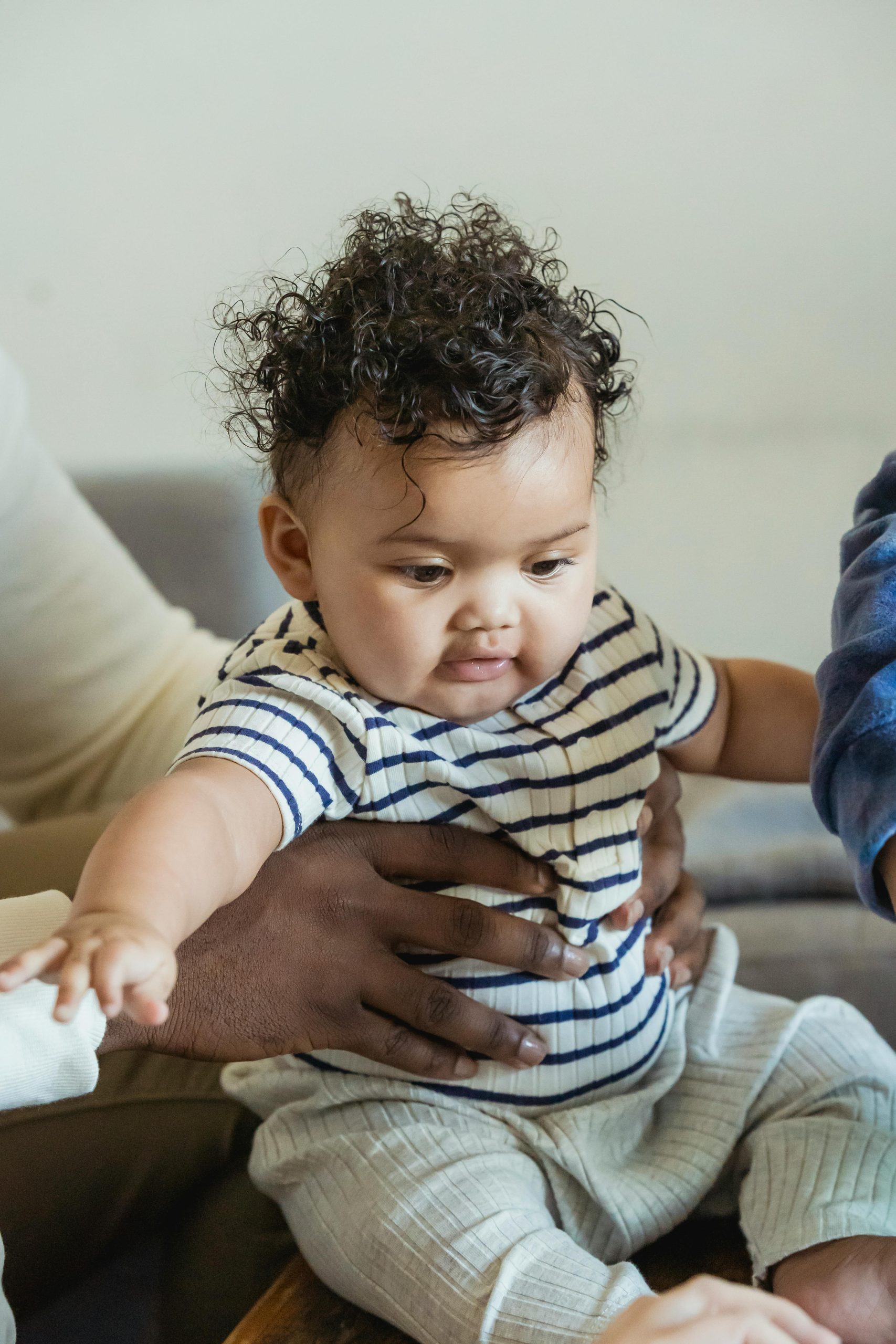

By Debra Silver, Paediatric Physiotherapist at Kidswell Health
Watching your baby reach new milestones is one of the most exciting parts of early parenthood. From their first smiles to their first steps, every stage shows how their strength, balance, and coordination are developing.
One of the biggest milestones parents look forward to is when their baby starts sitting, but exactly when do babies start sitting up on their own? Here’s what to expect and how you can help.
Most babies start sitting with support between 4 and 6 months, and can usually sit up on their own by around 7 to 9 months.
At first, your baby might prop themselves up with their hands (“tripod sitting”) before developing the balance and strength to sit independently. This is a normal and important part of physical development.
Every baby develops at their own pace, so don’t worry if your little one takes a bit longer. Factors such as prematurity, muscle tone, and time spent practising movement can all influence when babies learn to sit up.
If your baby isn’t sitting by 9 months, or you’re unsure about their progress, you can speak with your GP or a paediatric physiotherapist for reassurance and tailored advice.
Most babies are able to sit up on their own between 7 and 9 months. At this stage, they can balance without using their hands for short periods and reach for toys while staying upright.
By around 9 months, many babies can move into a sitting position from lying down – an exciting sign of developing core strength and coordination.
If you’re wondering when babies learn to sit up, it’s all part of a gradual process involving rolling, pushing up, and building muscle control through play.
The good news is there’s plenty you can do at home to support their motor development safely and naturally:
You might notice these early signs that your baby is getting close to sitting up independently:
These small milestones are all part of your baby’s journey toward sitting independently.
It’s always best to reach out for advice if you’re worried about your baby’s motor development. Contact your GP or a paediatric physiotherapist if your baby:
Early support can make a big difference. A physiotherapist can assess your baby’s development, check muscle tone and posture, and guide you with exercises and play ideas.
At Kidswell Health, our Paediatric Physiotherapist, Debra Silver, has over 15 years’ experience supporting babies and young children with movement and developmental concerns.
She can help with:
Debra’s sessions are fun, interactive, and family-centred, focusing on early intervention to help every child reach their full potential.
If you feel your child is struggling with their development and may benefit from physiotherapy, our expert team is here to help.
Based in Golders Green, North London, Kidswell Health provides specialist physiotherapy for babies and young children in a calm, child-friendly environment.
Find out more about our physiotherapy sessions or book an appointment today to learn more about how we can support your child’s development.
Learn about RSV symptoms, causes, and treatment. Understand how to spot signs early, protect your baby and when to seek…
When a child is finding emotions, behaviour, learning or relationships difficult, parents often come across many different professional titles and…
Learn the symptoms, causes and treatment of RSV in babies, plus expert advice on how to protect your child this…
Learn about positional talipes in newborns and babies: causes, treatment, recovery time, and how physiotherapy at Kidswell Health can help.
Dr Mitsu Shah explains common side effects of baby vaccinations.
Dr Mitsu Shah shares expert tips to prepare for your baby’s first vaccination.